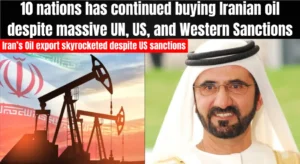1172 Views
10 nations has continued buying Iranian oil despite massive UN, US, and Western Sanctions
US to bomb Iranian Oil Refinery to damage global Oil exports of Iran, Israel iran war, UAE, and 10 countries rejects US sanctions buying Iranian oil.
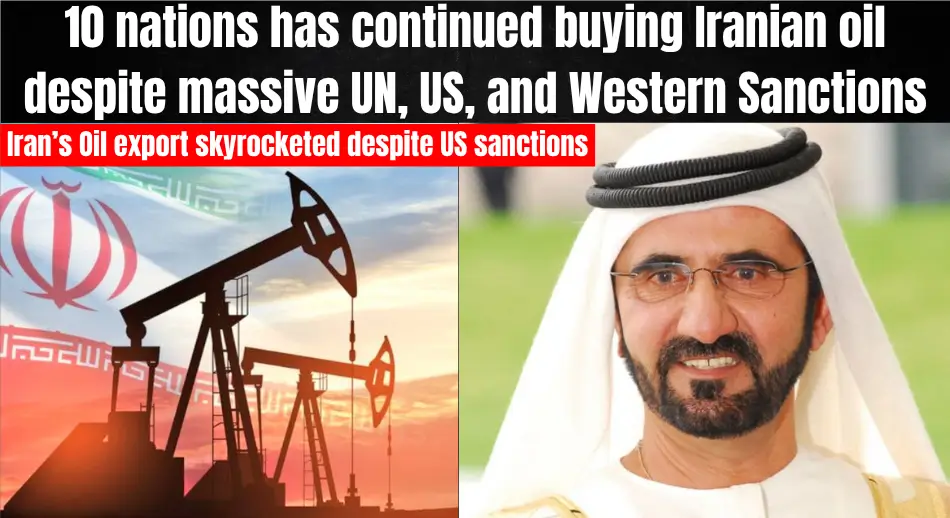
10 countries including UAE, Qatar, India, Iraq, Pakistan, Turkey, VENEZUELA and China, have continued buying Iranian Oil despite massive Western Sanctions. Iran’s Crude oil exports has reached 2 million barrels per day frist time. Recently, US sanctions has improved iran’s Defense, Missiles and Economy sectors with Russia, China and India’s help by passsing US sanctions, US tariff, and US Interest in the Middle East. Israeli PM says, Iran is Developing 11,000 km range nuclear capable intercontinental ballistic missile to hit 50% Cities of Eastern U.S. Netanyahu says, Iran developing long-range Missiles under ‘Project Kowsar’ To Nuke US and Israel. Iran says, US does not have strong Evidence that we had begun the nuclear weapons, Israel want coup of Iranian govt by dragging US into the war.
U.S. Energy Information Administration (EIA), OPEC, TankerTrackers, and U.S. Treasury sanctions actions, here are 10 countries confirmed or strongly indicated to have imported Iranian crude oil, condensate, or petroleum products in 2024–2025, despite sanctions. This includes the five you mentioned (UAE, Qatar, India, Venezuela, China). Volumes vary widely—China dominates, while others are in the tens to hundreds of thousands of bpd. I’ve prioritized countries with documented flows in the past year.
| Country | Estimated Annual Volume (2024–2025) | Key Details and Evasion Methods |
|---|---|---|
| China | ~1.3–1.5 million bpd (90% of Iran’s total exports) | Largest buyer via “teapot” refineries in Shandong province; uses yuan payments, shadow fleets, and transshipments from Malaysia. Barter for infrastructure projects. U.S. sanctioned dozens of Chinese entities in 2025. |
| United Arab Emirates (UAE) | ~50,000–100,000 bpd (5% of Iran’s exports) | Re-exports much to Asia; hubs like Fujairah and Jebel Ali handle transfers. U.S. sanctioned UAE brokers like Petroquimico FZE for $10M+ in deals. |
| India | ~20,000–50,000 bpd (covert; official imports halted since 2019) | Private refineries buy via UAE/Malaysia rerouting; U.S. sanctioned Indian firms like Ramniklal S Gosalia ($22M in petrochemicals) and tanker managers in 2025. |
| Venezuela | ~10,000–30,000 bpd (barter for diluents) | Blends Iranian light oil with heavy Venezuelan crude for export; mutual sanctions evasion. Shipments rose in late 2024 via shadow tankers. |
| Syria | ~20,000–40,000 bpd | Direct imports for refineries; barter with goods. Relies on proximity and limited sanctions enforcement. |
| Pakistan | ~10,000–20,000 bpd | Covert via UAE; small-scale for local needs. Reports of increased flows in 2025 amid energy shortages. |
| Turkey | ~5,000–15,000 bpd (down from pre-2019 levels) | Pipeline and sea imports; claims “neighborly necessity.” U.S. waivers expired, but evasion persists via Iraq. |
| Iraq | ~5,000–10,000 bpd (gas/oil swaps) | Barter deals for electricity/gas; indirect via Kurdistan pipelines. New 2024 agreement for up to 40 million cubic meters/day equivalent. |
| Qatar | ~5,000–10,000 bpd (minor; via Gulf networks) | Limited re-exports/transfers in Gulf waters; tied to regional LNG/oil blending. U.S. reports highlight Qatari ports in shadow fleet ops. |
| Russia | ~5,000–10,000 bpd (swaps and joint ventures) | Military/energy ties; barter for tech/oil. Increased post-2024 Ukraine escalations; uses similar shadow tactics. |
Iranian Exports of 2 million bpd in early 2025, generating -$30 billion annually (up 15% since begin of Israel-Gaza war).
- Total Iranian Exports: ~1.5 million bpd in early 2025, generating ~$27–46 billion annually (up 14% from 2023). Revenue funds ~5% of Iran’s GDP.
- Evasion Trends: 95%+ uses “dark fleet” tankers (e.g., flagged in Panama/Liberia) for obfuscation. U.S. sanctioned 100+ entities/vessels in 2025, targeting China/UAE/India hubs, but flows persist due to discounts (up to 15% off Brent crude).
- Sanctions Impact: Trump’s 2025 threats of secondary sanctions (e.g., barring buyers from U.S. trade) have disrupted some Chinese teapots, but Beijing opposes unilateral measures and views the trade as “legitimate.” No full halt expected.
- Risks: Escalating U.S.-Iran tensions (e.g., snapback UN sanctions by August 2025) could spike prices or disrupt Strait of Hormuz flows, affecting global supply. Israel considered striking Iranian Nuclear sites to damage iranian economy, foreign ties and exports of Oil and gas to Neighborhood countries.
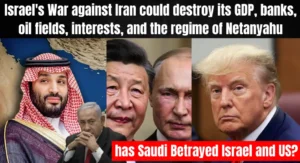
Israel’s War against Iran could destroy its GDP, banks, oil fields, interests, and the regime of Netanyahu
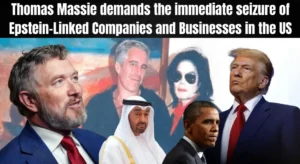
Thomas Massie demands the immediate seizure of Epstein-Linked Companies and Businesses in the US
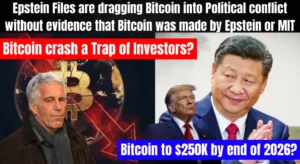
Epstein Files are dragging Bitcoin into Political conflict without evidence that Bitcoin was made by Epstein or MIT
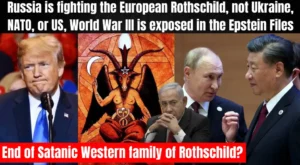
The Russian army is fighting the European Rothschild, not Ukraine, NATO, or US, World War III is exposed in the Epstein Files
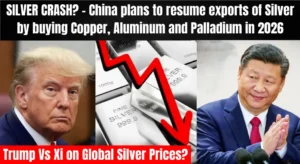
SILVER CRASH? – China plans to resume exports of Silver by buying Copper, Aluminum and Palladium in 2026
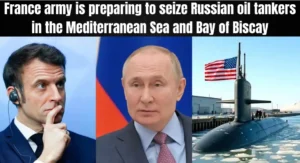
France army is preparing to seize Russian oil tankers in the Mediterranean Sea and Bay of Biscay
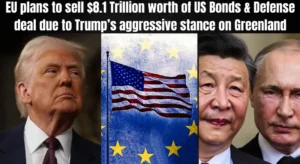
EU countries plan to sell $8.1 Trillion worth of US Bonds Trade and Defense deal due to Trump’s aggressive stance on Greenland
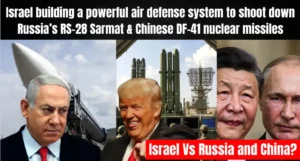
Israel is building a powerful air defense system to shoot down the Russian RS-28 Sarmat and the Chinese DF-41 nuclear missiles
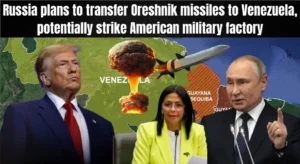
Russia plans to transfer Oreshnik missiles to Venezuela, potentially strike American military factory
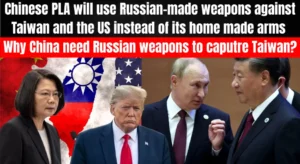
Chinese PLA will use Russian-made weapons against Taiwan and the US instead of its home made arms
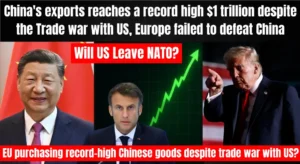
China’s exports reaches a record high $1 trillion despite the Trade war with US, Europe failed to defeat China
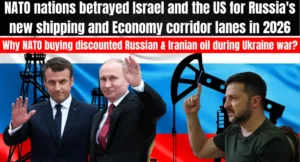
NATO nations betrayed Israel and the US for Russia’s new shipping and Economy corridor lanes in 2026
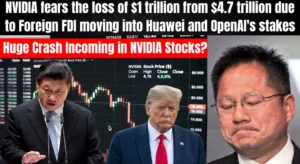
NVIDIA fears the loss of $1 trillion due to Foreign FDI moving into Huawei and OpenAI’s stakes
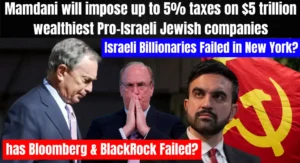
Mamdani will impose up to 5% taxes on $5 trillion wealthiest Pro-Israeli Jewish companies
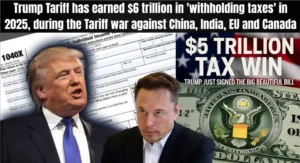
Trump Tariff has earned $6 trillion in ‘withholding taxes’ in 2025, during the Tariff war against China, India, EU and Canada
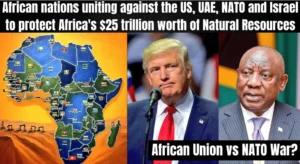
African nations uniting against the US, UAE, NATO and Israel to protect Africa’s $25 trillion worth of Natural Resources
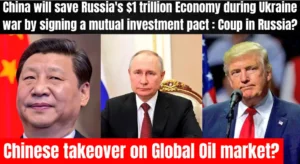
China will save Russia’s $1 trillion Economy during Ukraine war by signing a mutual investment pact : Russia GDP Collapsed?

Iran become world’s first nation to detect Cancer, Kidney and cardiovascular disease using Nuclear medicine
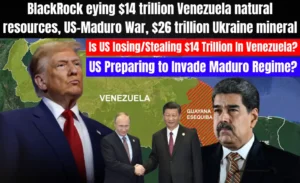
BlackRock eying $14 trillion Venezuela natural resources, US-Maduro War, $26 trillion Ukraine mineral
